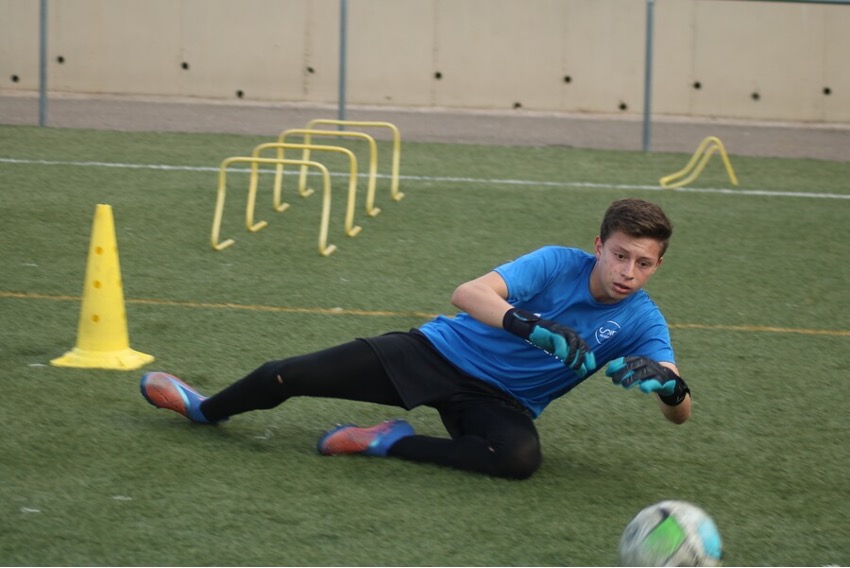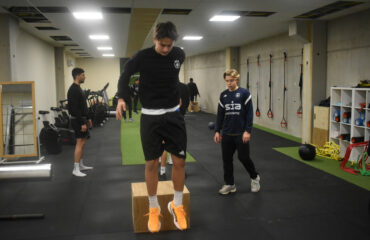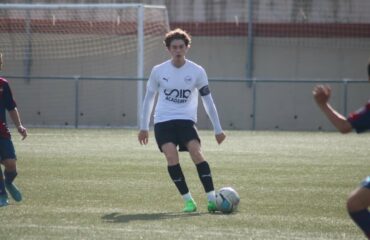Young people see sport as a way to strengthen their skills. Working on their self-esteem is fundamental.
The state of mind in sport is key to face any competition. Many people wonder what sports psychology is or what is meant by sports psychology. It is the mental work that is done with players so that they face competition situations in the best possible mental condition.
In the case of youth sports, this self-esteem transcends significantly into all other areas of daily life. If I win games with my team, I will study harder afterwards. If I always lose, when I socialize in my free time, I will be anxious if I don’t work on my mental health. This is where the importance of good training emerges.
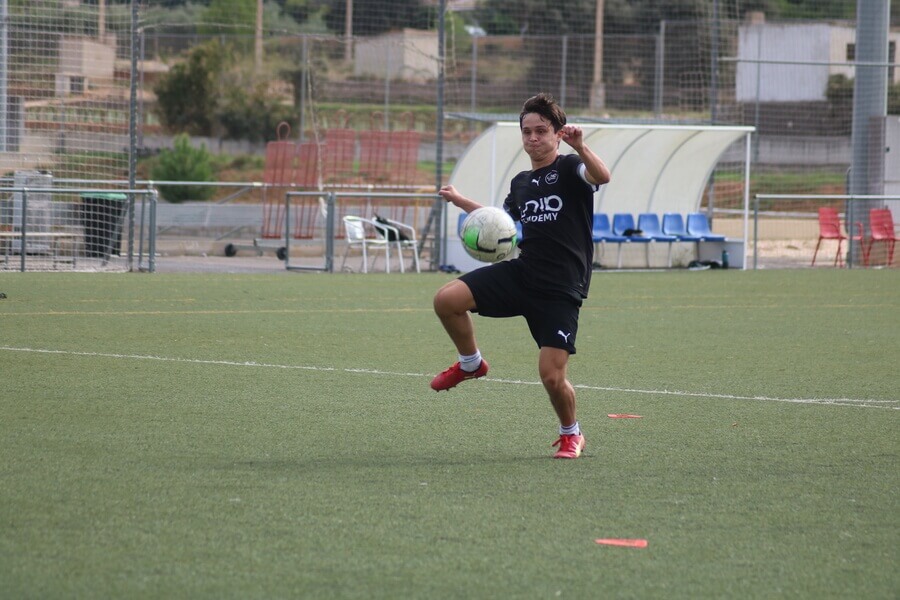
Psychology within training
In all sessions there is a relationship between the coach and his players. This relationship is the first step towards a correct psychological orientation. What my training has to convey is that it makes sense, it is easy to understand and my players are able to do it at their current level.
Internal and psychological loads
If the load of my training is more than they can handle, their recovery, nutrition and my mental work will be overwhelmed. Therefore, two types of loads must be worked on:
1- Internal loads: the effect the load has on the body itself.
2- Psychological load: how the athlete perceives the load he is going to face.
Thus, we have to ensure that our players have the feeling that we are constantly adapting to their loads. Both internal and psychological. Otherwise, injuries or lack of motivation to continue training may appear.
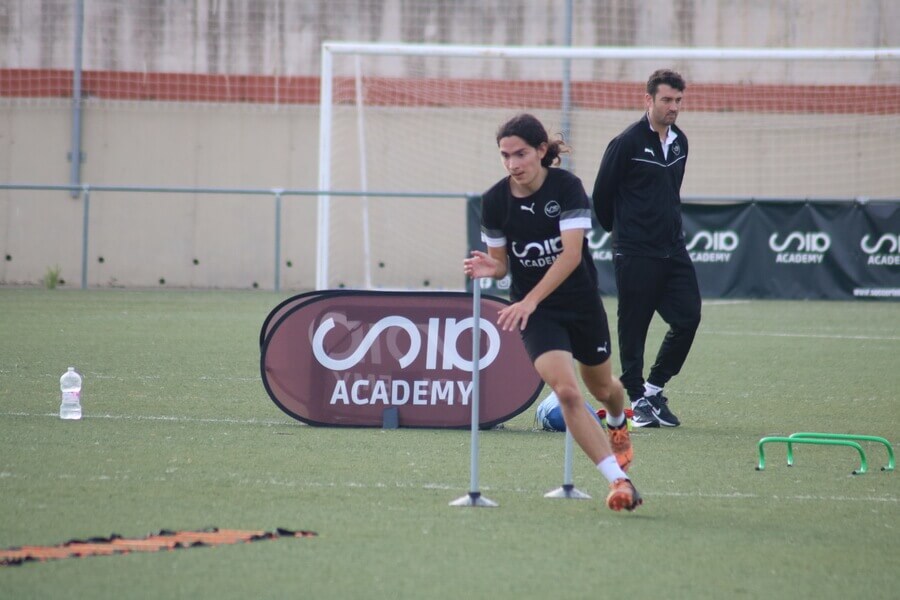
Adapt the loads to the athlete
Adaptation is a long-term process that seeks the right fit between training and player. A correct adaptation generates satisfactory results, and consequently a positive psychological work in the athlete. For this, it must also be tested by simulating external stimuli, such as the pressure of a stadium.
It is advisable to disturb in some occasions the balance of the loads to check which is the maximum level of the athlete. Of course, recovery is fundamental in these sessions. Recovery is part of training and adaptation. Knowing how fast our players reset is a must.
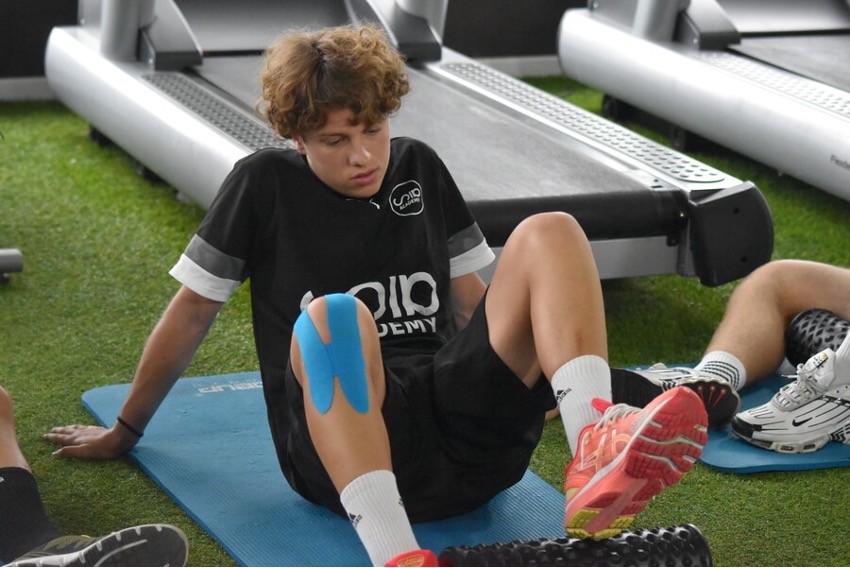
How we perceive that the athlete responds correctly
Knowing the theory is necessary for good training sessions. But it is also important to know how we perceive that the athlete responds correctly to our sessions. In this case, it is a priority to pay attention to their body language before, during and after the exercises.
Their reactions
The reactions give us a lot of information about the loads. Here are the six points:
- 1- Your conscious activity: you do the exercises better and faster each time.
- 2- Improved perception processes: he observes his environment better.
- 3- He increases his volume of attention and directs his concentration towards what is really important.
- 4- He has full control over his actions.
- 5- You have a great state of mind and optimism before doing the exercises.
- 6- It elevates his capacity of efforts.
The psychological work will consist of giving a solution to the insufficiencies that may arise if any of these six points are not met. It is a group work: on the one hand, loads are adapted, on the other hand, the head is worked to know what are the mental limitations of the athlete.
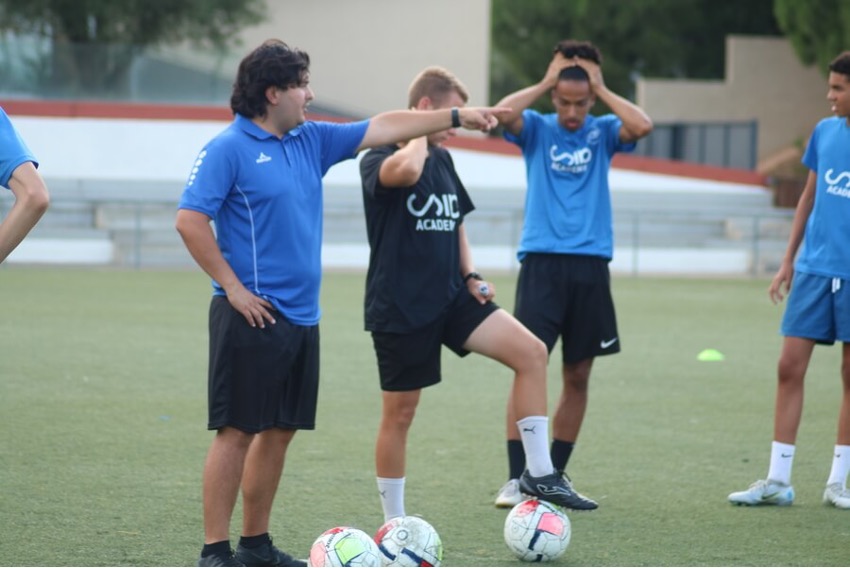
A good training, a good face
In short, athletes will always go to good training sessions with a good face. Their predisposition is key to a good workout. While the coach has to take into account physical and psychological criteria to know why some of his players do not support the loads naturally.
In some cases, as in SIA Academy, we have a psychologist who works on the mental aspect. A physiotherapist who adapts the recovery processes and a nutritionist who
promotes proper nutrition in our players. The coaches are UEFA Pro licensed, so it is the perfect cocktail for a perfect training.
